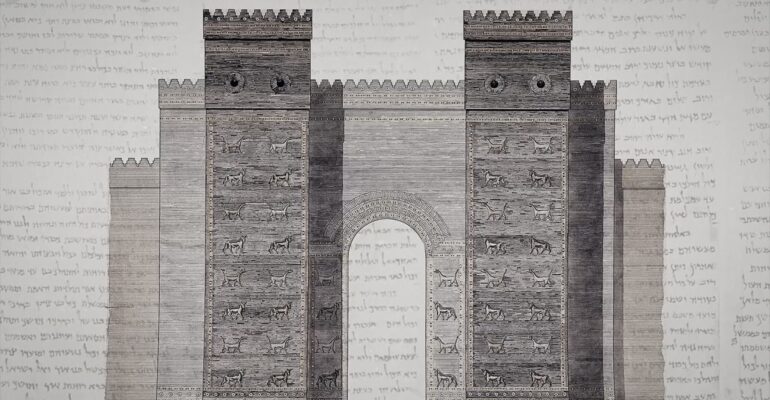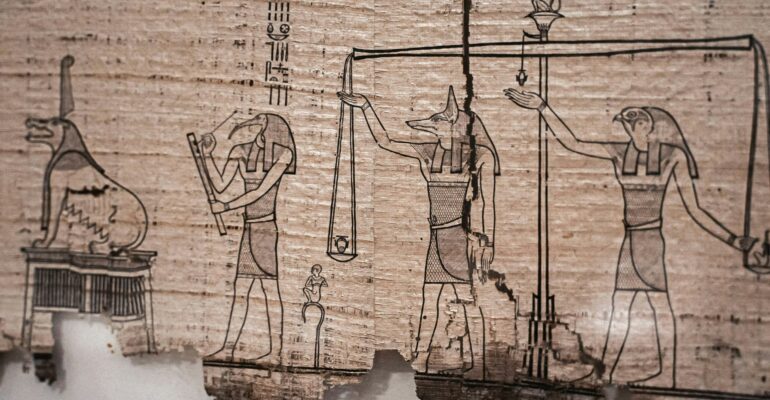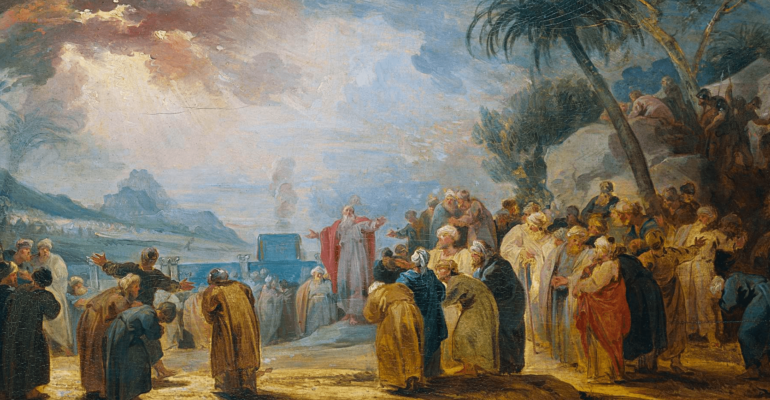Cart 0

Out of the Sheepfold
Out of the Sheepfold
How God turned shepherds and fishermen into powerful leaders.
Out of the Sheepfold
How God turned shepherds and fishermen into powerful leaders.
How God turned shepherds and fishermen into powerful leaders.
in Tags
2 Samuel 7, and the parallel account in 1 Chronicles 17, records the now famous covenant God made with King David—what we refer to as the “Davidic Covenant.” Even though David wanted to build God a house it was God that would build David a house. Not of wood, metal,











